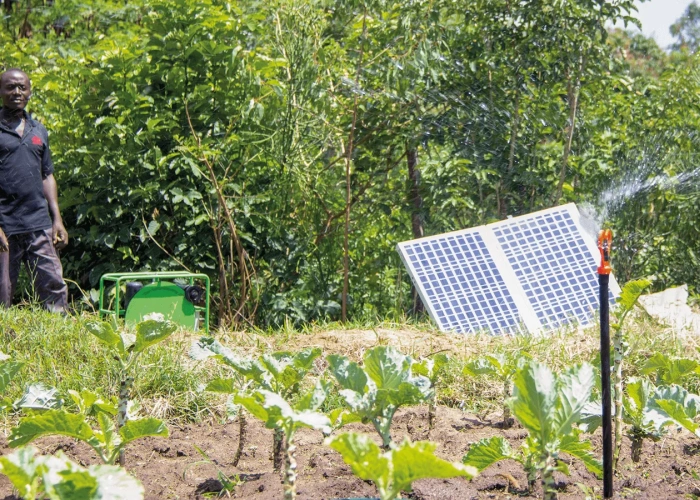Saline Intrusion in Baixo Limpopo Irrigation: Vulnerability and Adaptation Options for Family Farming

Globally, coastal zones have seen accelerated degradation of arable land, largely due to saline intrusion, increasing population vulnerability—especially in developing countries. In Mozambique, this phenomenon has been observed in several river basins, exacerbated by climate change, and affecting populations that depend on land as their main resource for subsistence and income.
In this context, the present study aims to assess the vulnerability of smallholder farmers to saline intrusion and its determinants, and to identify local adaptation options, using a sustainable livelihoods model.
The study was carried out in Gaza Province, across six administrative posts in the districts of Limpopo (Zongoene and Chicumbane), Xai-Xai (Chilaulene-Sede), Chongoene (Chongoene-Sede), and Chibuto (Malehice and Tchaimite), within the Baixo Limpopo Irrigation Scheme (RBL), involving farmers cultivating along the river valley from the mouth up to 100 km inland. Surveys were conducted with 150 households and 18 key informant interviews with government and non-government actors, community leaders, and farmers.